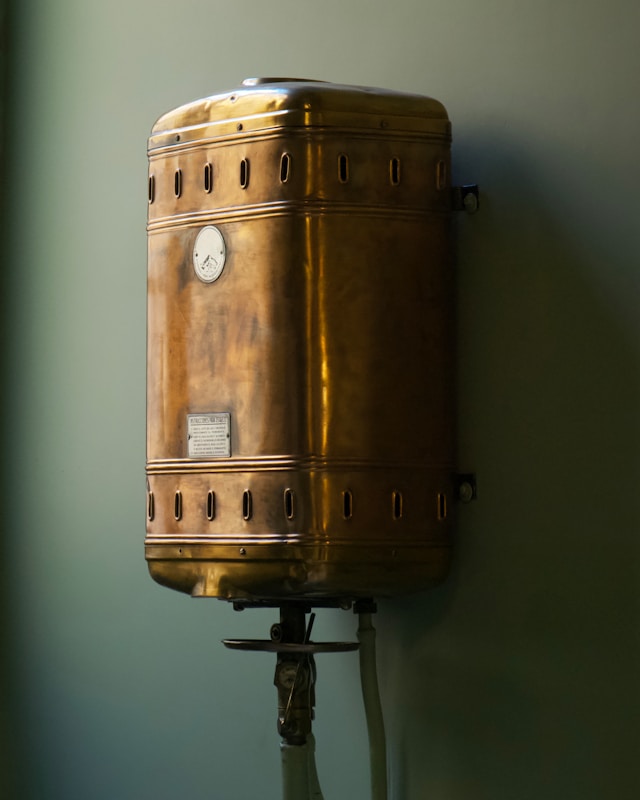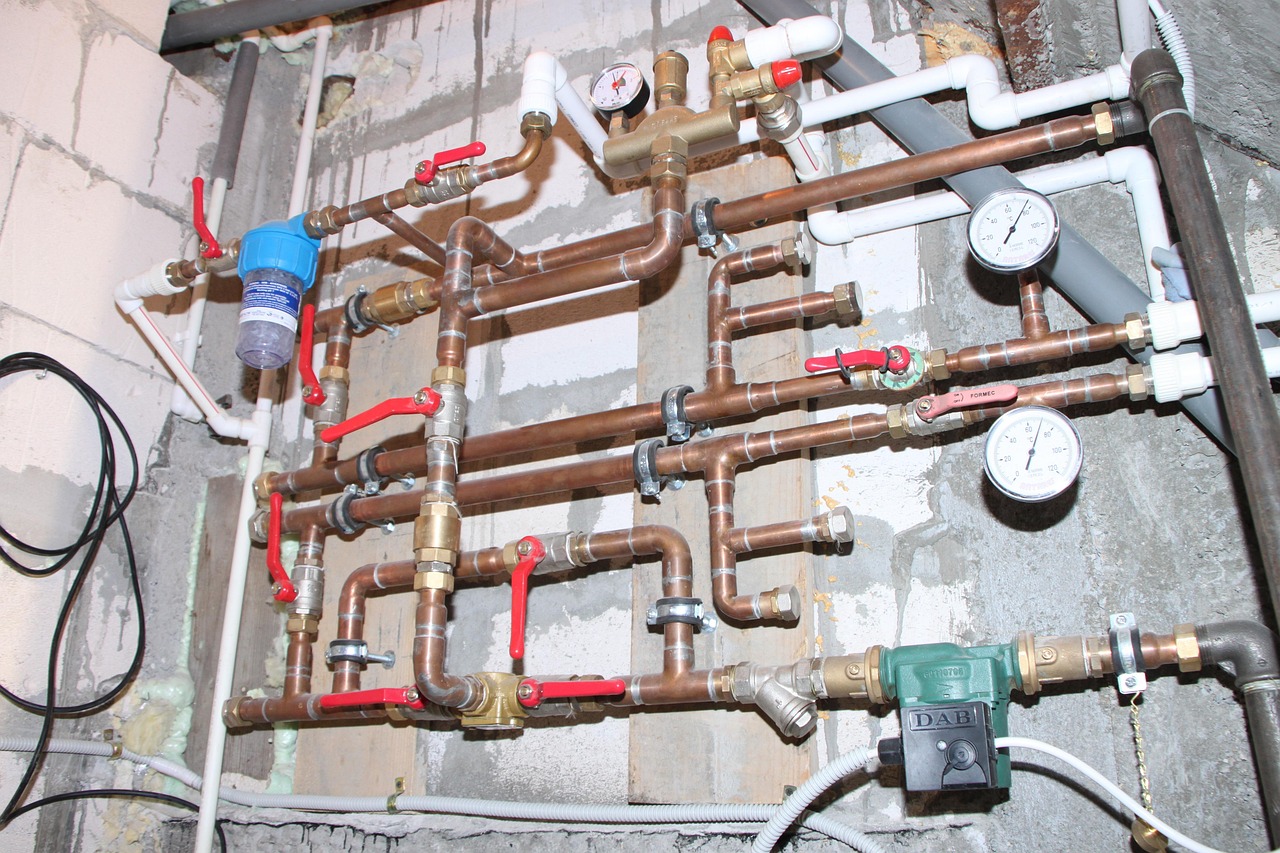How Regular Boiler Maintenance Helps Prevent Costly Breakdowns and Heating Interruptions
Keeping your home warm and comfortable hinges on the reliability of your heating system, including your boiler. Many homeowners tend to overlook their boiler until it shows signs of trouble.
A well-maintained boiler functions effectively and saves you money in the long run by preventing unexpected breakdowns and prolonging its lifespan. Invest some time and resources in regular maintenance, and you can improve efficiency, minimize repair costs, and provide a steady supply of heat during the cold months.
The Importance of Regular Boiler Inspections
Regular inspections can detect potential issues before they escalate into severe problems that demand costly repairs. During an inspection, a qualified technician can identify small leaks, corrosion, or eroded components. Most manufacturers recommend having your boiler inspected at least once a year, emphasizing that neglecting this advice can void your warranty. Inspections can help you gauge the condition of your heating system and detect issues invisible to the untrained eye.
A technician can check the pressure levels and check that exhaust flue components are clear and functioning correctly. Missing these checks can lead to carbon monoxide leaks, which can be dangerous to your household's safety. Regular inspections can improve the efficiency of your boiler: an efficient setup uses less fuel, which translates into lower energy bills.

Identifying and Addressing Strange Noises
The most telling sign that your boiler requires attention is the emergence of strange noises. Banging, whistling, or gurgling can all indicate air bubbles trapped in the system or low water levels. These noises signify that something isn't quite right, and ignoring them can result in far more complex issues. When you hear strange noises coming from your boiler, take it seriously and consult a professional. An expert can decipher the kind of sound you're hearing and pinpoint the cause. A banging sound could indicate that the system is experiencing kettling, a deposit build-up of scale within the heat exchangers, which could soon turn into more severe complications if ignored. Once you address these strange noises, you can correct small issues before they escalate into more expensive repairs, maintaining both comfort and efficiency.
Cleaning Your Boiler
Cleaning your boiler is a task that many tend to overlook, yet it's the one that keeps it in optimal condition. Dust, debris, and other contaminants can accumulate within the boiler. A clean boiler operates far more effectively and uses energy in the most efficient manner possible. The manufacturer provides guidelines on how often the boiler should be cleaned based on its type and usage frequency. During a cleaning session, a technician can remove soot, dust, and clogs that can obstruct proper airflow and heat exchange.
A clean boiler has a reduced risk of overheating, which could lead to premature failure. Ignoring this step can result in a boiler that struggles to maintain heat and leads to interruptions in heating, which can be uncomfortable during frigid weather. A thorough cleaning allows you to assess any equipment deterioration frequently, preventing issues that could turn into costly repairs.
Boosting Energy Efficiency
A well-maintained boiler must work more smoothly, consuming less fuel and delivering optimal heat. Routine checks and tune-ups can keep your combustion levels where they should be, optimizing your energy usage. Even minor inefficiencies can lead to considerable losses in energy expenditures. Depending on your boiler type and age, neglecting maintenance can result in a decrease in efficiency, driving your energy costs higher than necessary.
Regular maintenance helps maintain peak performance, allowing you to save considerably on your monthly utility bills. This level of efficiency is cost-effective and beneficial for the environment, as it leads to lower greenhouse gas emissions.
Preventing Costly Repairs Through Maintenance
When you incorporate regular maintenance into your home routine, you can dodge many expensive repairs associated with a malfunctioning boiler. Most problems can be avoided altogether with proactive attention. Components can age without visible indications of wear or failure, rising replacement or repair costs when issues go unchecked.
The financial implications are substantial when considering the expenses tied to an emergency repair versus standard maintenance scheduling. Routine maintenance costs far less than what you would spend on fixing a broken boiler on cold winter nights. Maintaining your boiler can prolong its lifespan; a well-cared-for boiler can last up to fifteen years or more, making new installations unnecessary.
Safety Considerations in Boiler Maintenance
Boilers can pose substantial risks, and regular check-ups can mitigate hazards related to carbon monoxide leaks and explosion risks. During maintenance, professionals meticulously assess safety components, including pressure relief valves, fuel lines, and ventilation systems, so that everything aligns with regulatory standards. In the event of persistent issues or concerns about safety mechanisms, a trained technician can provide you with recommendations for immediate corrective measures.
Many homeowners remain unaware of the dangers of improperly maintained boilers. Having a proactive attitude towards regular maintenance preserves your home's comfort and safeguards your family's well-being. A penny spent on prevention through maintenance is worth far more than a dollar spent on repair due to negligence.
Planning Your Maintenance Schedule
Designing an effective maintenance schedule is necessary for optimal boiler performance throughout the year. To start, consider the time of year when your boiler is under the most stress, during winter when it's actively running for extended periods. Scheduling maintenance in the off-season allows technicians to address any potential issues before the system is fully called into action.
Using a seasonal timetable can guide your approach. Scheduling an inspection in the fall can prepare your boiler for the cold months. Cleaning might be beneficial in early spring, as it will allow for a thorough check-up before your system becomes dormant. Tracking your maintenance history can identify patterns or recurring issues that may signal larger problems requiring attention.

A strategic approach to maintenance will contribute to the longevity and reliability of your boiler. If you focus on regular boiler maintenance, you can prevent costly breakdowns and improve energy efficiency so that your home stays warm and comfortable throughout the year. Investing in your heating system's health pays off tremendously; it turns unexpected cold days into worry-free living.
Published 8/19/25